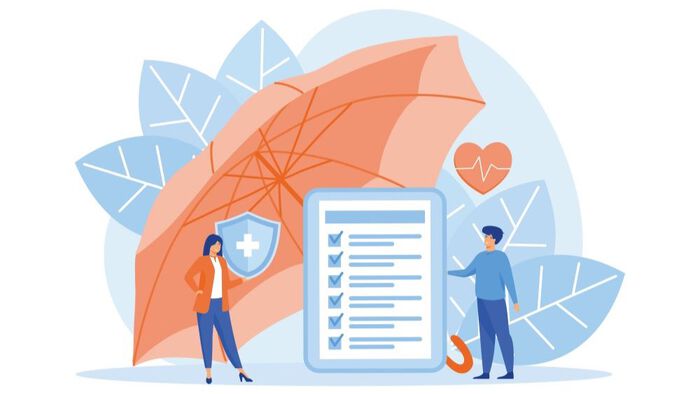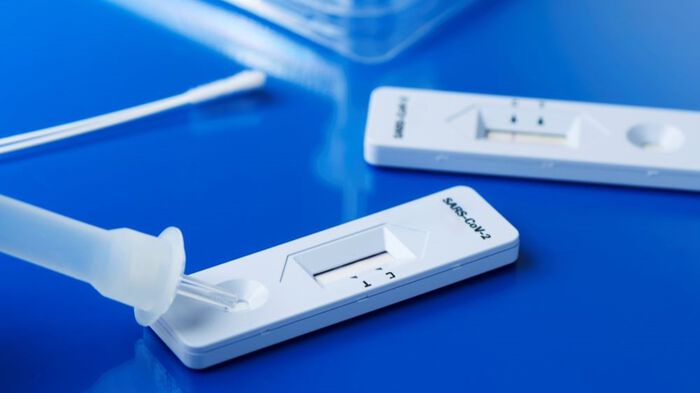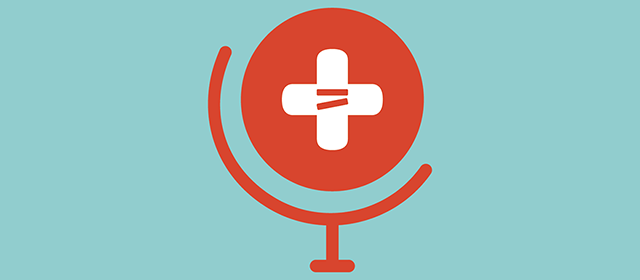As we approach the close of another year, it may be an understatement, but not too early, to declare 2023 The Year of AI. The harms that unregulated artificial intelligence (AI) poses to the health and wellbeing of communities around the world garnered a lot of attention throughout the year, and the urgent voices quickly rose to shouts that, AI, if left to the unregulated wiles of surveillance capitalism, is poised to destroy life as we know it.
In quick succession following the broad release of the large language model (LLM) ChatGPT by United States-based developer OpenAI in late 2022, much server space was taken up with opinion pieces, blog posts, open letters, and podcasts with dire warnings about how dangerous AI will be for the future of humanity. By late March, prominent tech experts, including the likes of Elon Musk, raised their voices to call for a global cross-sector six-month pause on further AI development, until developers could address some of the potential dangers that generative AI poses to humanity. How swiftly the global elite pivoted against AI and to warn of the dangers of a technology, now off the chain to wreak havoc on humanity, that only a few months prior, these same tech proselytizers had praised AI for its promise to save lives around the world, and to make everyone rich at the same time, especially stockholders in Big Tech.
In October U.S. President Biden penned his 100-page-plus Executive Order on regulating AI systems , which called on developers to submit documentation on AI safety tests and validations to the US government. On the heels of the White House’s statement for caution, leaders from Africa, Europe, Asia and the Americas gathered in Bletchley Park, the United Kingdom’s former codebreaking center during the Second World War, convened for the AI Safety Summit. The first international conference of its kind, representatives from industry, governments, civil society, and digital and human rights organizations, from 28 countries, deliberated over two days in early November, on the risks that unregulated artificial intelligence systems pose to the global community.
As global leaders jockeyed to position their governments ahead of the algorithmic avalanche threatening to bury virtually every society on the planet, one wonders how will all this new attention to regulate AI’s potential for harm, translate into health justice for patients? Can algorithmic justice guarantee health justice globally?
There is much hope for, and investment in, the routine and widespread use of assistive artificial intelligence in clinical and diagnostic practices. And AI is everywhere in healthcare already. Studies on the improved accuracy of correctly diagnosing breast cancer, for example, in mammographic scans show that AI outperforms a radiologist’s expert and keen eyes by 20 percent. The use of AI could significantly improve health outcomes in women’s healthcare, which could signal a step towards health justice. Yet these same AI-enhanced systems tend to perpetrate ongoing injustices, as when the historic and ongoing gender and race biases in medicine are replicated and automated in AI-enhanced instruments that are used to heal.
Other AI systems widely utilized by hospitals across North America, were not built to heal, but to deny care. The largest private health insurer in the U.S., United Healthcare, used an AI predictive algorithm—an instrument that the company knew had a high error rate--to deny rehabilitative care to thousands of critically ill patients. Astonishingly, this algorithm was used after the state of New York’s health regulator found that another of United Healthcare’s predictive algorithms, widely used in hospitals across the U.S. had systematically discriminated against Black patients in 2019. Another step back away from reaching more equity in healthcare through AI.
Much of the implementation of AI innovation in healthcare emerged from research in military surveillance and the deployment of algorithms that kill, see, for instance, spy-tech firm Palantir’s most recent £330 million contract with the National Health Service (NHS) in the United Kingdom, a public-private partnership that imperils not only the privacy and security of millions of patients, but their health as well. As much advancement in healthcare and medical science has its origins in the tools of mass death—chemotherapy as treatment for cancer grew out of the use of chemical weapons in World War I for instance—why should AI in medicine have a different developmental trajectory? And this brings us yet another step away from the horizon of health justice.
Amid the sudden global call to slow down AI, World Health Organization quietly released their own report on the need to develop a strong, global regulatory framework for AI in health and medicine. While the WHO emphasized the urgency for a global regulatory framework in health and medicine that acknowledges past harms, and eliminates AI’s present and future injurious potentials—such as racialized or gendered biases that deny a patient care, their recommendations go further. By making the demand “that such promising tools reach those who need them as fast as possible,” the WHO recognizes that the only way to bring more equity and health justice globally, is by ensuring reliable, rapid and easy access to healthcare innovations that undoes decades of uneven and unjust distribution.
Algorithmic justice is not just ensuring that the potential for harm in AI systems used in healthcare and medicine is ameliorated, but that promised benefits reach those who need it most, expeditiously. Perhaps this will bring us closer to the horizon of a possible health justice. It is a start.





